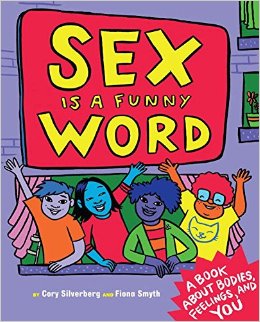By Megan Fariel, Hartford High School Alum
Guest Youth Writer and former Intern at WISE
In high school, I have noticed more gender-based traditions than in elementary and middle school. Prom, football culture, and dating in high school all seem to have some pretty clear gender expectations: The guy has to ask the girl to prom, girls wear their boyfriend’s jerseys, and so on.
Why doesn’t this happen before middle school? While there surely is a biological change associated with puberty and development, I think a lot if it must be due to environment. Students may not realize that media consumption, role models, and exposure to new ideas can shape how they think. For example, a younger student might be more inclined to the views of his or her parents than an older student, because the younger student has not been exposed to new ideas yet.
Last fall, I decided to test this idea out with a survey of students in my school district to see how gender norms may affect us differently as we get older. I surveyed fourth, seventh, and tenth graders, for a total of ninety-five usable surveys. I asked questions that Continue reading


